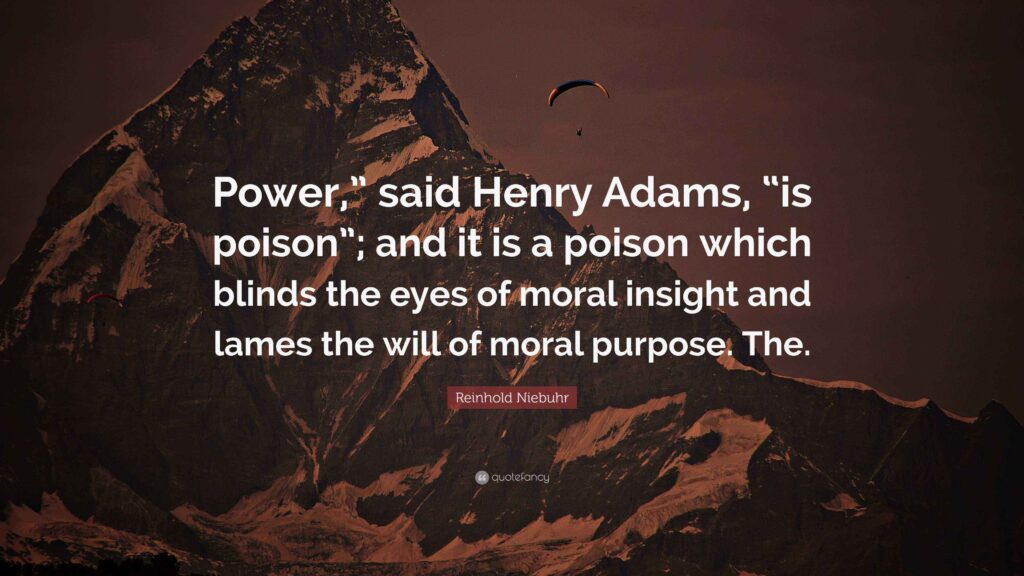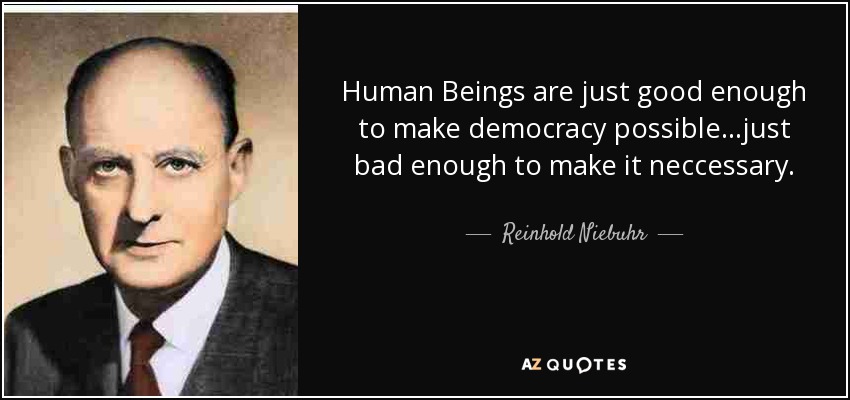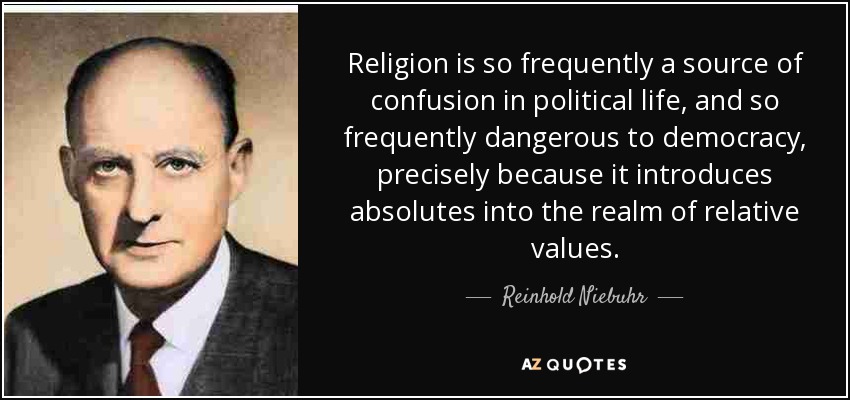To read this post in its optimal format, click the link above, or click here.
I’ve consumed hundreds of books on a wide range of topics including history, philosophy, religion, politics and government. I have studied the lives of many of the significant leaders of the past three hundred years.
Plus, I worked in Washington DC for ten years and lived half my life in the mecca of retail politics — Chicago.
But nothing I’ve read or experienced prepared me for this moment in history.
- our broken political system
- our jaded electorate
- our greedy economic institutions
- our lost honor
It’s difficult to overstate how much poison has been let loose in our society.
It has affected us all.
Some people who I’ve known all my life are now associated with groups espousing conspiracy theories of the worst sort.
It pains me deeply.
Now that we’ve gotten to such a place it’s hard to see a way out.
The history of the twentieth century teaches us many things about how whole societies are turned, and — how quickly it can happen.
Reinhold Niebuhr was one of the twentieth century’s seminal thinkers.
Niebuhr was a professor at Union Theological Seminary for more than 30 years and the recipient of the Presidential Medal of Freedom in 1964.
His book, Moral Man and Immoral Society, was written in 1932, a time when Germany was turning. It offers deep insight into how societies are turned.
In a nutshell, he argues that while individuals are capable of
- compassion,
- justice, and
- self-sacrifice,
groups, whether nations, classes, races, or institutions, act differently, prioritizing their own interests before those of the greater society.
Individuals act in a different moral universe when aligned with a group.
Niebuhr shows how the egotism of “group think” overwhelms individual reason and ethics, and why appeals to idealism rarely move a group to act contrary to what it perceives to be in its own self-interest.
Only the imposition of outside force will move a group to change.
His central warning is morality cannot be assumed simply because individuals may generally be regarded as moral.
He says changing group behavior requires a moral vision steeped in the hard reality of organizing and balancing power against entrenched group privilege.
And that is not possible without
- forceful,
- collective, and
- persistant
action on the part of individuals acting as moral agents in concert with other moral individuals.
And none of this happens if one’s own moral core is not nurtured.
Here are a few of his more salient observations: (I trust if Neibuhr were writing this today, he would refer to “men” using more inclusive language.)
* Power always thinks it has a great soul and vast views beyond the comprehension of the weak; and that it is doing God’s service when it is violating all His laws.
* Religion is a good thing for good people and a bad thing for bad people.
* Self-righteousness is the inevitable fruit of simple moral judgments.
* The evils against which we contend are frequently the fruits of illusions which are similar to our own.” 
* There is no deeper pathos in the spiritual life of man than the cruelty of righteous people.
* If any one idea dominates the teachings of Jesus, it is his opposition to the self-righteousness of the righteous.
* People are more likely to sin as members of groups than as individuals.
* The moral attitudes of dominant and privileged groups are characterized by universal self deception and hypocrisy.
* Men will not cease to be dishonest merely because their dishonesties have been revealed or because they have discovered their own deceptions.
* Wherever men hold unequal power in society they will strive to maintain it. They will use whatever means are most convenient to that end and will seek to justify them by the most plausible arguments they are able to devise.
* The tendency to claim God as an ally for our partisan values and ends is the source of all religious fanaticism.
Niebuhr also provides us with a way out, a way into the future.
“Nothing that is worth doing can be achieved in our lifetime; therefore we must be saved by hope.
“Nothing which is true or beautiful or good makes complete sense in any immediate context of history; therefore we must be saved by faith.
“Nothing we do, no matter how virtuous, can be accomplished alone; therefore we must be saved by love.”
So probe deeply.
Just a thought…
Pat
Copyright © 2025 Patrick J. Moriarty. All Rights Reserved.




